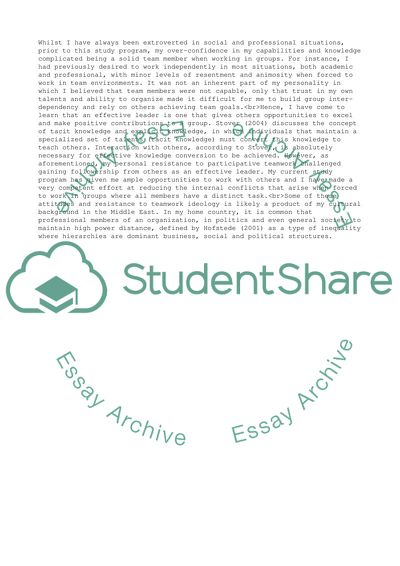Cite this document
(“Improving Leadership Skills and Academic Performance Assignment”, n.d.)
Improving Leadership Skills and Academic Performance Assignment. Retrieved from https://studentshare.org/management/1654975-academic-critical-self-reflective-essay
Improving Leadership Skills and Academic Performance Assignment. Retrieved from https://studentshare.org/management/1654975-academic-critical-self-reflective-essay
(Improving Leadership Skills and Academic Performance Assignment)
Improving Leadership Skills and Academic Performance Assignment. https://studentshare.org/management/1654975-academic-critical-self-reflective-essay.
Improving Leadership Skills and Academic Performance Assignment. https://studentshare.org/management/1654975-academic-critical-self-reflective-essay.
“Improving Leadership Skills and Academic Performance Assignment”, n.d. https://studentshare.org/management/1654975-academic-critical-self-reflective-essay.


